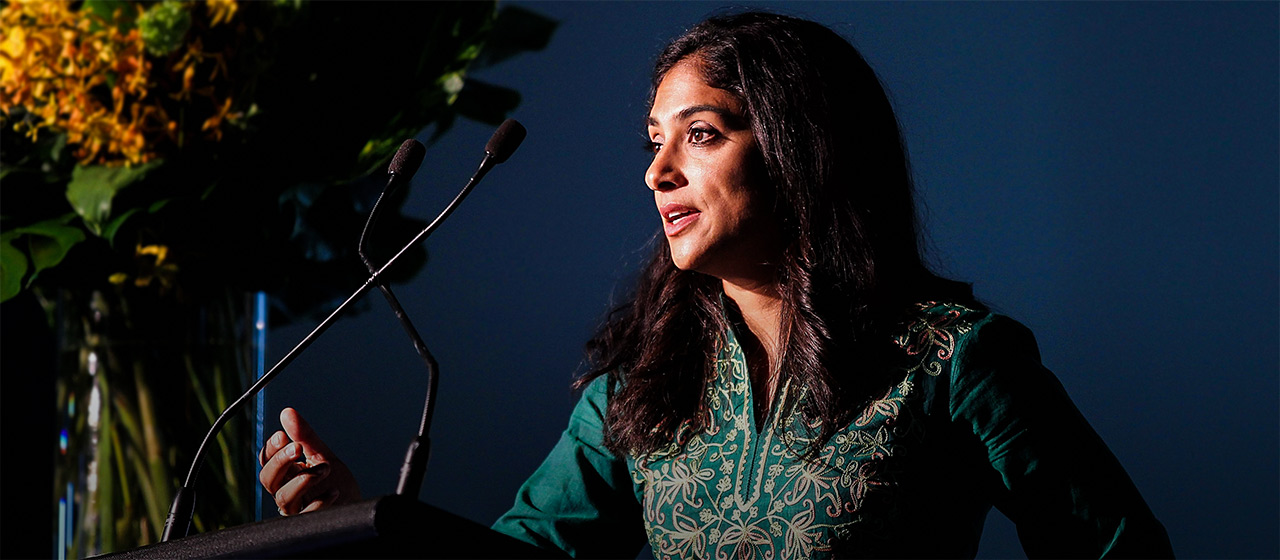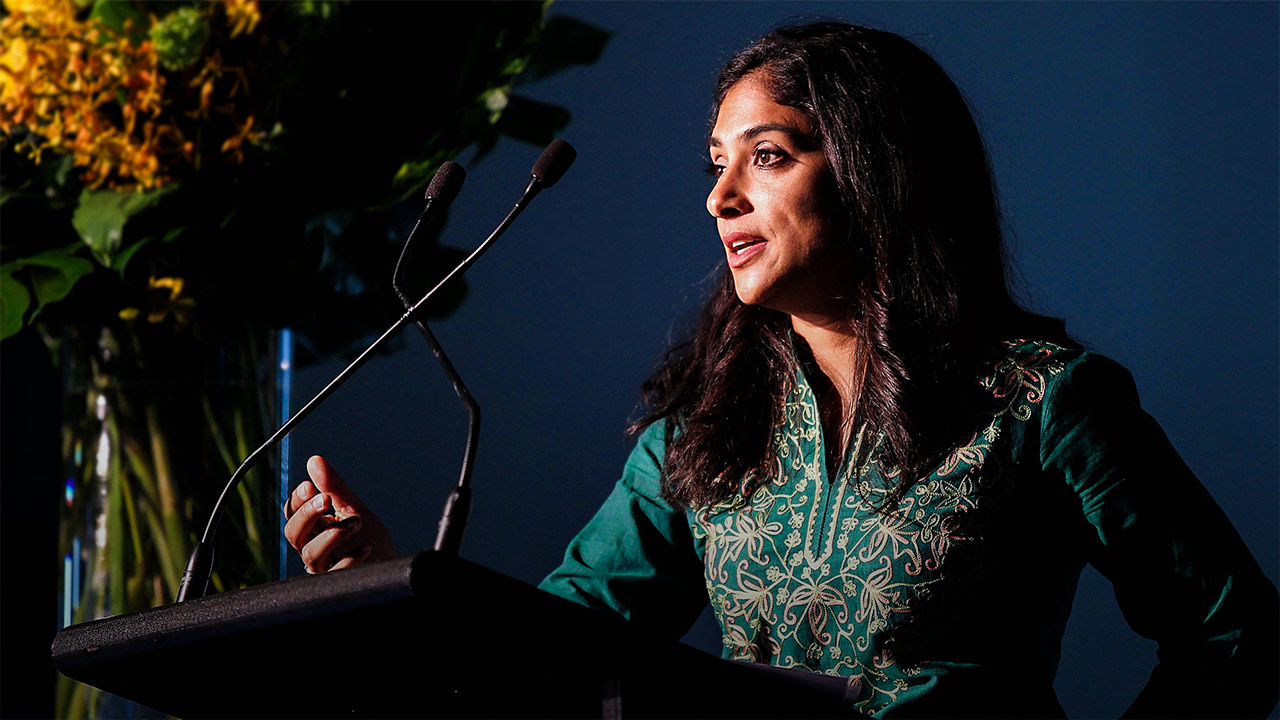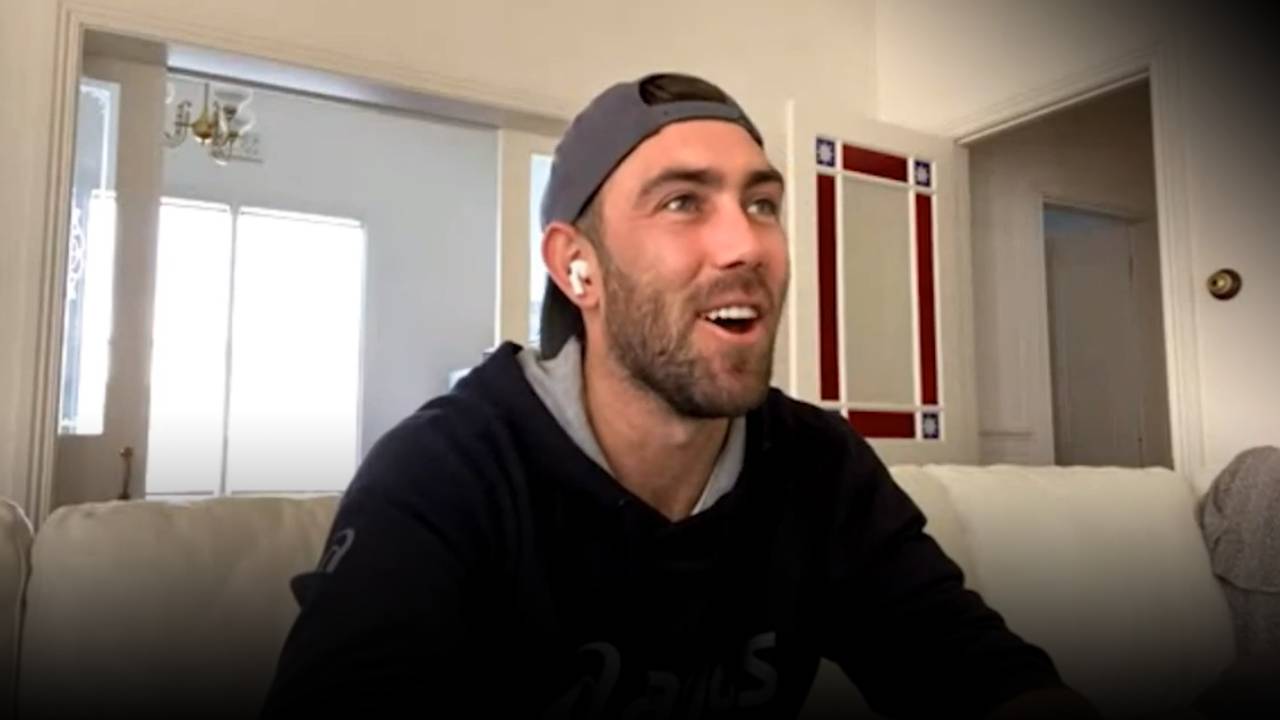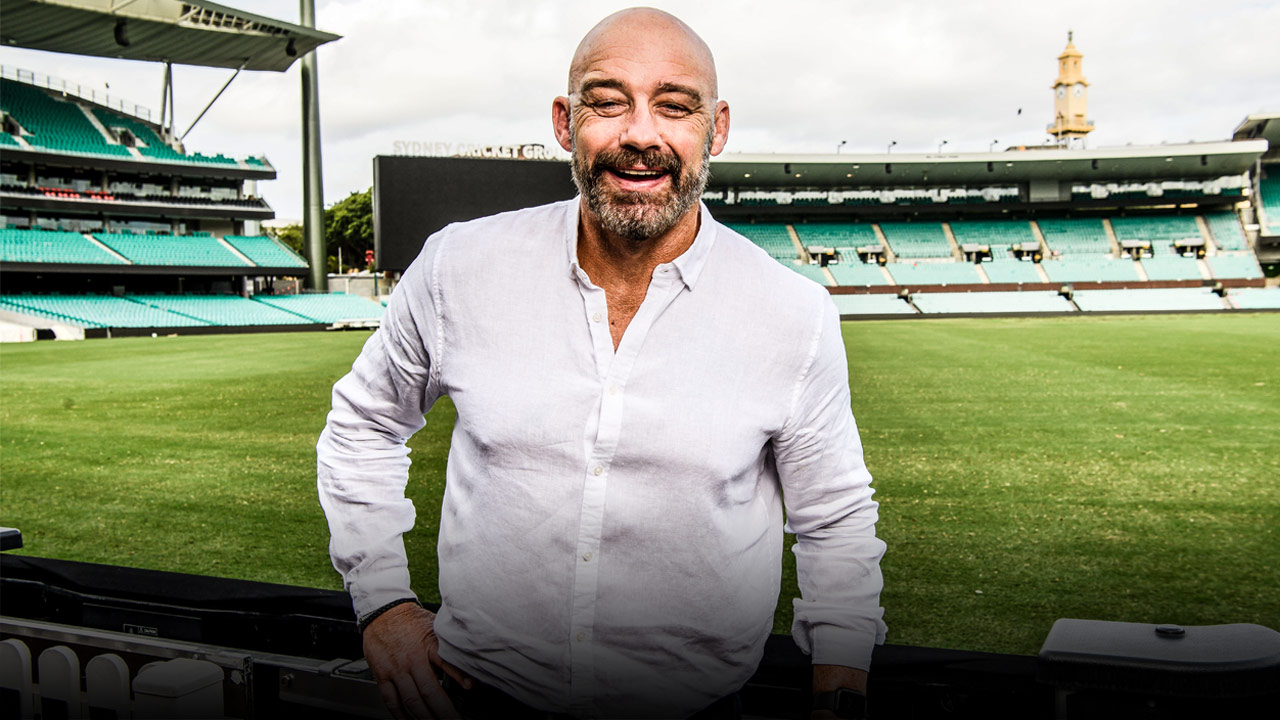Cricket
The day my name changed
I never thought it would hit me so hard.
To that point, I had never had an issue with being adopted. I didn’t possess a burning, yearning desire to find my biological parents. I was comfortable sharing my story. I actually thought it made me unique compared to my friends.
It’s not quite the same now. Not since my trip to Pune.
I was in India, and in the process of writing my autobiography, when my manager at the time suggested I go and visit the orphanage from where I was adopted.
I wasn’t keen initially. ‘It’s probably moved,’ I said. ‘It was a long time ago.’ But over a few days, and after getting some information from Dad, I changed my mind.
I remember sitting in the tuk-tuk on the way to the orphanage. My manager kept looking at me saying, ‘Are you going to be alright?’ And I was like, ‘Yeah, fine, what’s the big deal?’
We arrived. The Shreevatsa orphanage was off to the side of the local hospital, which made sense, because I’m sure there have been a lot of babies born and then left there.
There was a big archway. It reminded me of my Grandmother’s place in India – high ceilings, big open spaces. There were kids, all of them under the age of five, running around.
Posted by Lisa Sthalekar on Sunday, 4 March 2012
I sat down with the director of the orphanage and told her when I was born. She said, ‘Do you want to try and find your biological parents?’ I thought about it for a moment and decided I didn’t. I’m not sure if she could’ve found them, anyway. Can you imagine the odds of finding a couple from 1979 in the land of a billion people?!
She showed us around. She took us upstairs where the little babies are.
To see those kids there and know they didn’t have a permanent home? It was very moving. I thought about my own story and how, lying there as a three-week-old, my life could have been unrecognisable to the one I’ve led.
I was very, very fortunate. The fact I was raised in the US, Kenya and Australia by a loving family, that I was given every opportunity by my parents to excel in sport and that I now have the good fortune to travel the world, I consider myself blessed. There are so many other kids in my situation who don’t get that.
I remember calling Dad later that night and he said, ‘Is there a little spiral staircase you go up to the newborns?’ I said, ‘Yes, Dad. Wow.’ I was following in his footsteps from all those years ago.
It was amazing to see the amount of people there giving love, caring for those children and trying to find them a home.
Finally, the orphanage conducted a ‘Welcome Home’ ceremony for me. They do them for kids who return. It was very emotional and that surprised me. Until an hour or so earlier, I had felt little emotional connection to the place or my back story of being adopted.
What I found out when I visited was that the orphanage was closing down a few weeks later and relocating elsewhere. What were the odds? If I had been in India a month later, all I would’ve seen was an empty building.
There was a certain serendipity to it all.
That was when I decided I wanted to do something meaningful in this area.
Welcome home ceremony
Posted by Lisa Sthalekar on Sunday, 4 March 2012
MY DAD THE MIRACLE WORKER
I will get to the Adopt Change organisation and National Adoption Week in the next section.
For now, I would like to tell you the story of how I came to be me.
My biological parents or the hospital named me Laila. They checked in under a false name at the orphanage. They left. That’s all I know of them.
I was at the orphanage for three weeks when my Dad, Haren, and my Mum, Sue, arrived. They had adopted a girl, Caprini, in Bangalore six years earlier and now they were looking for a boy. But they had visited quite a few orphanages in Bombay and didn’t feel they had made a connection with any of the babies they saw.
Then one of their friends said, ‘Why don’t you try Pune? There are a few more orphanages there.’ It was the last few days before they were about to get on a plane and go back to America (they were living in Michigan at the time). So they went to the orphanage in Pune and were told, ‘There’s this little girl who is out on loan.’
It seemed that my Father, my Mother and Sister felt an instant connection with me, something that is hard for anyone of them to explain. They just knew. My Father looked at my Mum and Caprini and they decided to take me home.
They felt like there was a guiding hand behind it all, something that led them to me.
They took me back to Bombay but had no idea how they were going to fly me to the US. There were no foster papers, no passport and no visa and they had to leave in three days.
My Grandmother suggested they leave me with her and come back. But Dad wasn’t having any of that. The problem was that obtaining a passport in India usually takes months. It seemed an impossible task.
Dad called upon a distant relative, a lawyer, to push my foster papers through the courts. That worked. Then he consulted a friend at the university in Bombay about how he could obtain a passport for me in just a day or two.
The friend called Dad back 15 minutes later. As it turned out, the chief passport officer knew Dad’s Dad. He had helped him with something many years before and had refused payment.
The chief passport officer never forgot. He had waited all this time for an opportunity to repay Dad’s Dad. Now he had his chance. He told my Dad how happy he was to finally repay the family.
Thirty minutes later, Dad had my passport. Then he raced over to the American Embassy, which was about to close, and pleaded my case for a quick-turnaround visa.
He got it. I flew home to my new family in Michigan.
I wasn’t Laila anymore. I was Lisa Sthalekar and my life had just begun.
With the newborns
Posted by Lisa Sthalekar on Sunday, 4 March 2012
TIME TO MAKE A DIFFERENCE
My Mum passed away in 2002 but I used to joke to her that one day I would adopt my own child to keep the family tradition going.
My Dad and I are still very close. He says I’m his ‘little clone’ because I grew up liking all the things he did like stamp collecting, astronomy and, yes, cricket. I think I was lucky enough to pick up traits from both my parents, as did my Sister.
As I mentioned earlier, adoption has not been a major issue for me for most of my life. I have always known about it. It was never a big deal. It was just how it was meant to be.
When I made the Australian women’s cricket squad in 2001, I was surprised to find out there were two other players in the team who were adopted. I think everyone knew I was adopted, so when I got into the national set-up a few people came up to me and said, ‘Did you know such-and-such was adopted?’ And I was like, ‘Really? I didn’t see that coming.’ It was kind of cool.
Their stories were different to mine, but we were all comfortable where we ended up. We were lucky.

But things changed for me after my trip back to Pune. I have asked Dad a lot more questions about adoption. I urged him to watch Lion. I thought he’d find it a bit confronting. It was a good process to watch the movie and go through the discussion afterwards.
I knew I wanted to do more in this space but I wasn’t sure how to do it. Then one day I was invited to talk about my adoption experience at an LBW Trust lunch and former New South Wales opposition leader Kerry Chikarovski happened to be in the audience.
She’s on the board of Adopt Change and she came up to me and said, ‘Lisa we’d love to have you on board, you’re exactly the type of person we need.’ That was about 18 months ago.
Adopt Change was founded by Deborra-Lee Furness and do important work to raise community awareness, encourage ethical reform and empower all Australians to engage with issues affecting adoption and permanency.
The fact I was raised in the US, Kenya and Australia by a loving family, that I was given every opportunity by my parents to excel in sport and that I now have the good fortune to travel the world, I consider myself blessed. There are so many other kids in my situation who don’t get that.
As an ambassador for Adopt Change I have become much more aware of the broader issues surrounding permanency and adoption in Australia. There are close to 40,000 Australian kids living separately from their birth families for two or more years and yet only 196 were adopted in 2016. This is the lowest number on record and the figures alone suggest that more needs to be done to provide every child with a permanent, safe and loving home.
Before I came across Adopt Change I guess I had been living in a little bubble. My story is a really positive one and I probably hadn’t taken enough time to think about how others’ might be different.
For example, I’m quite rare in that I didn’t want to find my biological parents. But for plenty of others it is important and so it should be. I also came to find my ‘forever home’ at the age of three weeks. Others are not so lucky.
Kids deserve to have a permanent, loving and safe home available to them. In September 2017 Adopt Change launched the ‘Barriers to Adoption’ research report, which surveyed over 1,000 prospective adoptive parents highlighting that there are many people wanting to give children a home and yet they are faced with a number of unnecessary barriers preventing them from doing so. I understand the reasons why there is red tape – you want to make sure that the child is cared for – but I think we could probably speed up the process.
It’s the tenth anniversary of National Adoption Awareness Week, which this year takes place from November 12-to-18. Adopt Change are running a t-shirt campaign called #AHomeForEveryChild to continue to raise awareness and ensure more children have access to permanent homes.
I would like to think in the next couple of years we can make a positive impact on the process for prospective parents to adopt and provide close to 40,000 vulnerable, at-risk children with permanent, safe and loving homes.
Please keep an eye out for the hashtag. #AHomeForEveryChild.
To find out more visit adoptchange.org.au
More about: Lisa Sthalekar | Southern Stars






 Load More
Load More